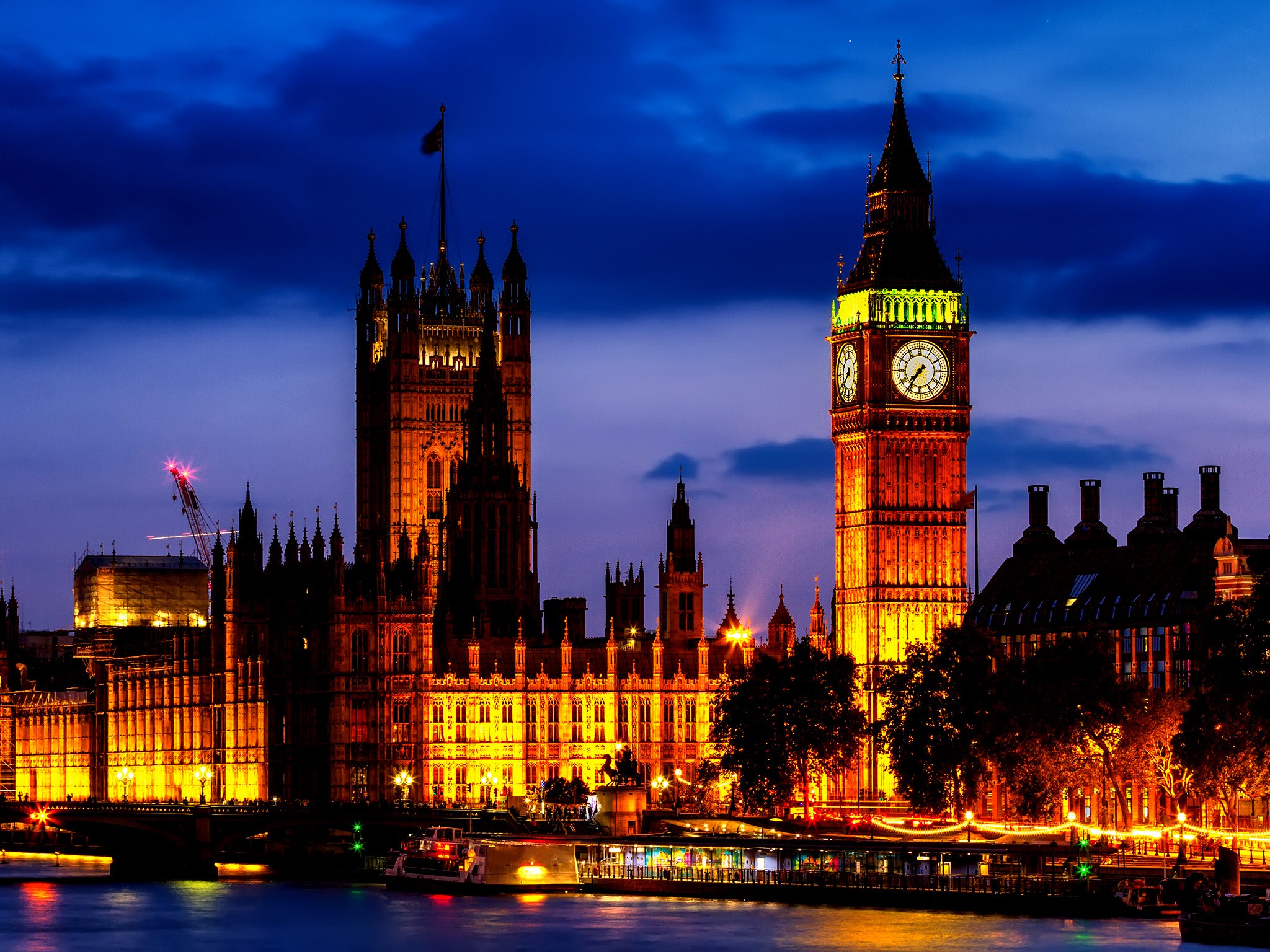MPs must not lie in the House of Commons – so what happens if they do?
Boris Johnson has been accused for three weeks running of making incorrect, misleading and – to stretch parliamentary language to its limits – false statements at PMQs, writes Andrew Woodcock


MPs don’t lie in the House of Commons. That is one of the most fundamental rules of Westminster, and anyone accusing another honourable member of telling porkies will be sternly told by the speaker to retract the accusation.
At worst, the speaker might tell a fibbing MP that he or she has “inadvertently misled” the House and invite them to correct the record, preserving the neutrality of the chair by never suggesting that the miscreant deliberately told untruths.
So what to do about an MP like Boris Johnson, who has been accused for three weeks in succession of making incorrect, misleading and – to stretch parliamentary language to its limits – false statements at Prime Minister’s Questions?
On the latest occasion, Labour’s Jonathan Ashworth was quick to object with a point of order, but even then he did not accuse the PM of lying, merely protesting that it was “not the case” that his party had voted against legislation relating to the NHS pay rise, as Johnson had claimed. He saved the l-word for later, in a tweet.
The prime minister, of course, has form for playing fast and loose with the facts, most notoriously when he drove around the country in the run-up to the EU referendum in a bus with a massive lie plastered on it.
He generally has a convoluted explanation for how, technically speaking, he could be argued not to have told an untruth. But he is also generally happy to let the row keep bubbling, apparently calculating that so long as people are debating whether he lied, his initial statement will be kept in the public eye.
In Downing Street, there is an absolute taboo about admitting the prime minister has got it wrong, and his team worked overtime to brush off any suggestion that he might correct his claim about Labour’s voting record.
It may seem ridiculous to voters, but aides of all political stripes reason that any admission of error will chip away at their leaders’ credibility. Though Keir Starmer may have done the right thing a few weeks ago by instantly correcting a mis-statement at PMQs, the headlines were not about his honesty but his blunder.
In a No 10 media briefing held by conference call immediately after PMQs on Wednesday, press secretary Allegra Stratton made no attempt to suggest that the PM’s claim was true. But neither – under a barrage of questions – did she admit that it was not. Instead, she repeatedly referred reporters to speaker Sir Lindsay Hoyle’s comment that he took Ashworth’s complaint as “a point of clarification”, suggesting that this had drawn a line under the matter.
This had journalists scratching their heads, as the ministerial code of conduct issued by Mr Johnson himself leaves no doubt that it is the responsibility of any minister who makes a false statement to correct it promptly and makes no mention at all of the speaker resolving the issue for them.
And it lit a blue touch paper under the speaker’s chair, with Sir Lindsay delivering a withering slap-down to the PM and coming very close to accusing him of behaviour unfitting for an MP as he said: “It is not dishonourable to make a mistake, but to seek to avoid admitting one is a different matter.”
By this time, No 10 had come up with another explanation for why the PM hadn’t broken the rules. Rather than referring to the NHS Funding Bill, which passed at second reading on 27 January and cleared the Commons on 4 February without a vote after Labour offered no formal opposition, the PM had been referring to Starmer’s party opposing the Conservative Queen’s Speech on 20 January, said Stratton.
Johnson, of course, hadn’t mentioned the Queen’s Speech in his comments about NHS pay, referring only to “the last time that we put this to a vote”. But as the Queen’s Speech had included plans for investment in the NHS, this meant that Labour had voted against increasing nurses’ pay, she explained.
It all smacked a little, as one reporter at the briefing suggested, of “retrofitting in hindsight”.
And it opened up a huge opportunity for the PM. Since the Queen’s Speech includes by implication the whole of the government’s agenda for the year, this excuse gives the PM a blanket justification for accusing the opposition of having voted against anything he does.
It’s not a logic which many people would accept. But it means the PM avoids pressure to admit a falsehood. And at a time when he is coming under pressure over nurses’ pay, it allows him to throw doubt – however unjustifiably – on Labour’s consistency on the issue. Which of course was the purpose of the exercise in the first place.
Yours,
Andrew Woodcock
Political editor



Join our commenting forum
Join thought-provoking conversations, follow other Independent readers and see their replies
Comments